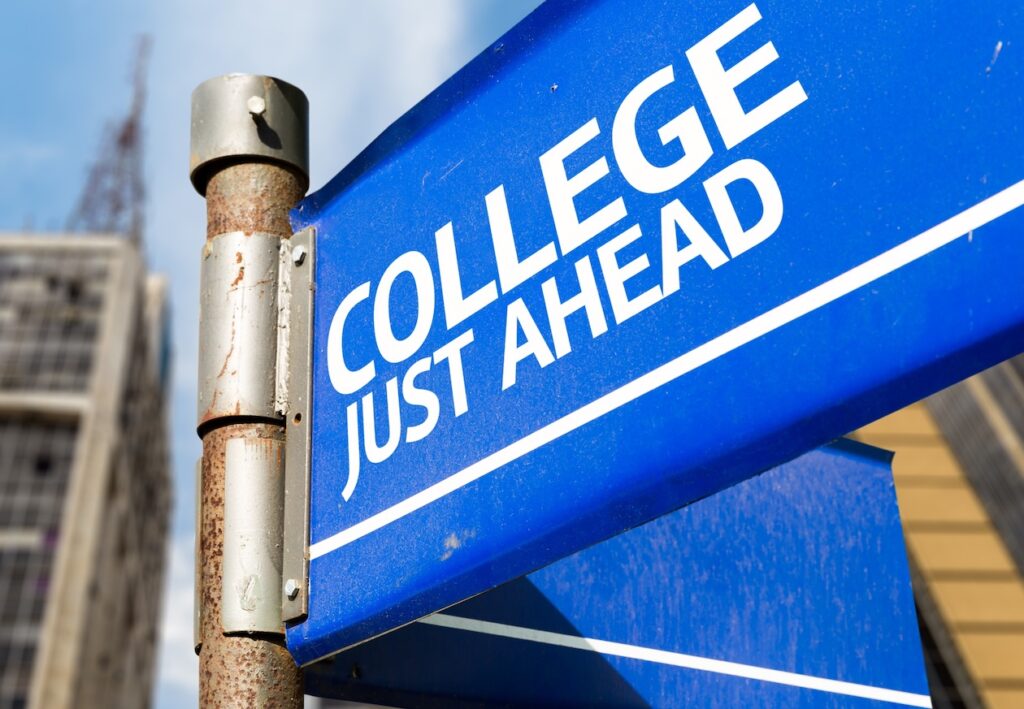It’s back-to-school season, so what better time to talk education tax credits? Taxpayers claiming the credits are often flagged by the IRS, usually due to a simple-to-fix form mismatch.
There are two education tax credits that students—and parents of students—can claim: The American Opportunity Tax Credit (AOTC) and the Lifetime Learning Credit (LLC). The IRS offers a comparison chart of the two here. In short, the AOTC offers up to $2,500 credit per eligible student and is available for up to four years of post-secondary education in pursuit of a degree. In other words, it’s designed to help fund a traditional undergraduate education. The LLC offers up to $2,000 per tax return (not per student), but it applies to a broader range of education and training, including courses to acquire or improve job skills.
Now, here’s where claiming these education tax credits can earn you a closer look by the IRS:
- The credits are only available for taxpayers with a modified adjusted gross income (MAGI) under $180,000 or $90,000 for single, head of household, or qualifying widow(er).
- OK, you might think: Can the student claim it themselves? No, not if you’re still claiming them as a dependent on your tax return.
- You can claim both AOTC and LLC benefits on the same return but not for the same student or the same qualified expenses.
- If a previous-year claim for the AOTC was disallowed, Form 8862needs to be filed before claiming the credit in future tax years.
- Also, for the AOTC, the student must attend at least half-time for an entire academic period and be confirmed as an undergraduate.
The most common AOTC trigger happens when the educational institution’s Form 1098-T (Tuition Statement) doesn’t align with the taxpayer’s claim for a reason above or another reason. Sometimes, it’s due to an error by the institution (including the student’s legal name or Social Security Number being wrong), but more often, the taxpayer is claiming credit for expenses that don’t qualify, or they’ve exceeded the four-year allowance.
We’ve even heard about nefarious tax preparers who convince their clients to take the credits when they know they don’t qualify. One such tax preparer was recently prosecuted and is awaiting sentencing in Pennsylvania for aiding and assisting the filing of over $800,000 in false education tax credits.
The tactic might date back to the start of the AOTC around tax year 2010, when as many as 2.1 million taxpayers erroneously claimed $3.2 billion in education tax credits. According to a report by the Treasury Inspector General for Tax Administration, more than 370,900 ineligible individuals earned an estimated $550 million in credits despite not attending classes for the required time or because they were ineligible postgraduate students. Another 63,700 taxpayers received $88.4 million in credits while also being claimed as a dependent or spouse on another person’s tax returns, and even 250 prisoners took advantage of the tax credit and erroneously earned a total of $255,879.
These days, the IRS states that it uses an automated system to flag and select income tax returns for examinations that show incorrect amounts. Your first indication of a problem will be a letter from the IRS stating that, for instance, Form 1098-T verifying the student’s enrollment is missing or additional information is needed to support the amounts of qualified expenses you reported. Copies of paid receipts, canceled checks, or other documents may be required.
What if you’re contributing to a grandchild’s education expenses? Tax-savings opportunities abound in these situations. If you’re contributing to a student’s education who is not your dependent, you cannot take the education tax credits yourself. But here’s the good news: THEY can take it. The IRS allows third-party payments of qualified education expenses to be considered “paid” by the student. So even if your MAGI exceeds the $180,000 (or $90,000) limit, your contribution may still qualify under their adjusted income.
For your tax savings, it’s worth jumping through a few hoops to ensure your education contributions are gift-tax-free. If the money is submitted straight to the college and is for tuition, it will typically fall outside of gift tax restrictions. Feel free to contact us with questions.


